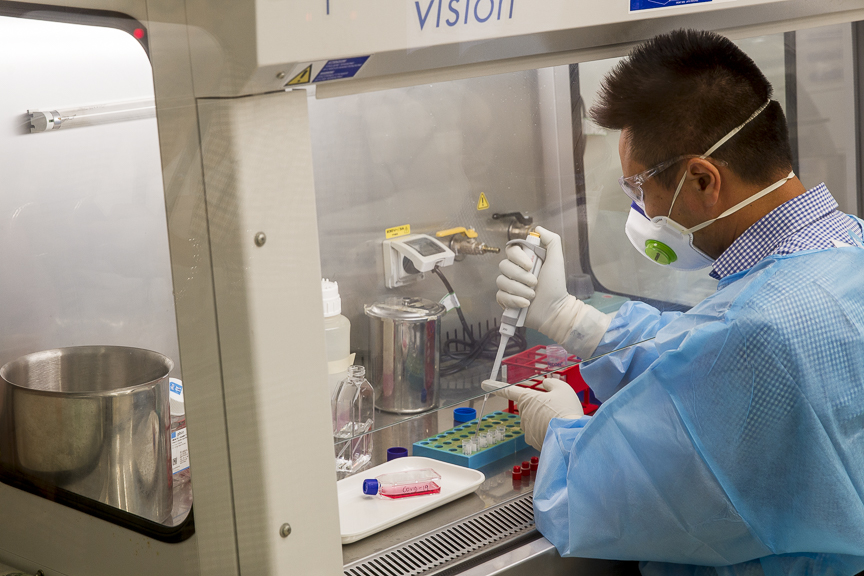Improving equitable health outcomes by anticipating, preventing, detecting and controlling infectious diseases across the Pacific and South East Asia is the objective of a new program of work to be conducted by the Doherty Institute thanks to a new strategic partnership with the Department of Foreign Affairs and Trade (DFAT).
DFAT’s Indo-Pacific Centre for Health Security has invested $12.5 million in the Doherty Institute under its Partnerships for a Healthy Region Initiative to deliver on five major program areas including:
The investment from DFAT will span three-and-a-half years and across all programs, the Institute will be working to support partnerships for systems strengthening, workforce development, data for decision making, laboratory strengthening and global emergency preparedness.
Professor Sharon Lewin, Director of the Doherty Institute, thanked DFAT for its investment and said the strategic partnership builds on previous successful project-based initiatives including COMBAT-AMR and SPARK.
“Expanding to a broad strategic partnership across the Institute with DFAT will significantly enhance our ability to work with our partners in country to prepare and respond to infectious diseases threats in the region,” said Professor Lewin.
Work will commence in July and continue until December 2027.
